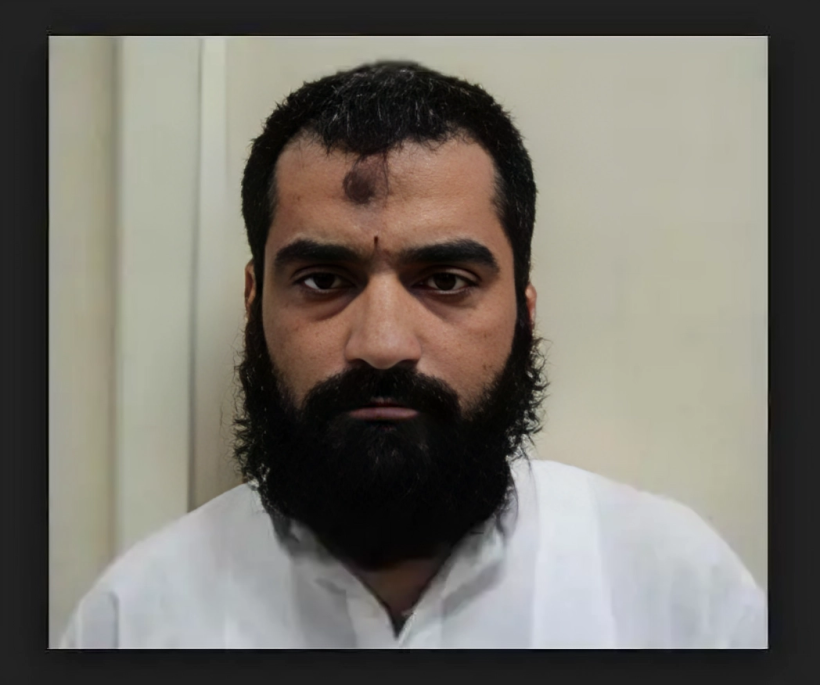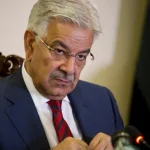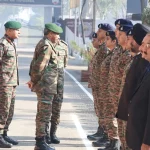Indian military strikes carried out on May 7 as part of Operation Sindoor have eliminated several top-tier terrorists affiliated with Lashkar-e-Taiba (LeT) and Jaish-e-Mohammed (JeM), in what officials are calling a significant blow to Pakistan-based terror networks. Sources confirmed the deaths of five high-profile operatives, all of whom had long histories of involvement in attacks on Indian soil.
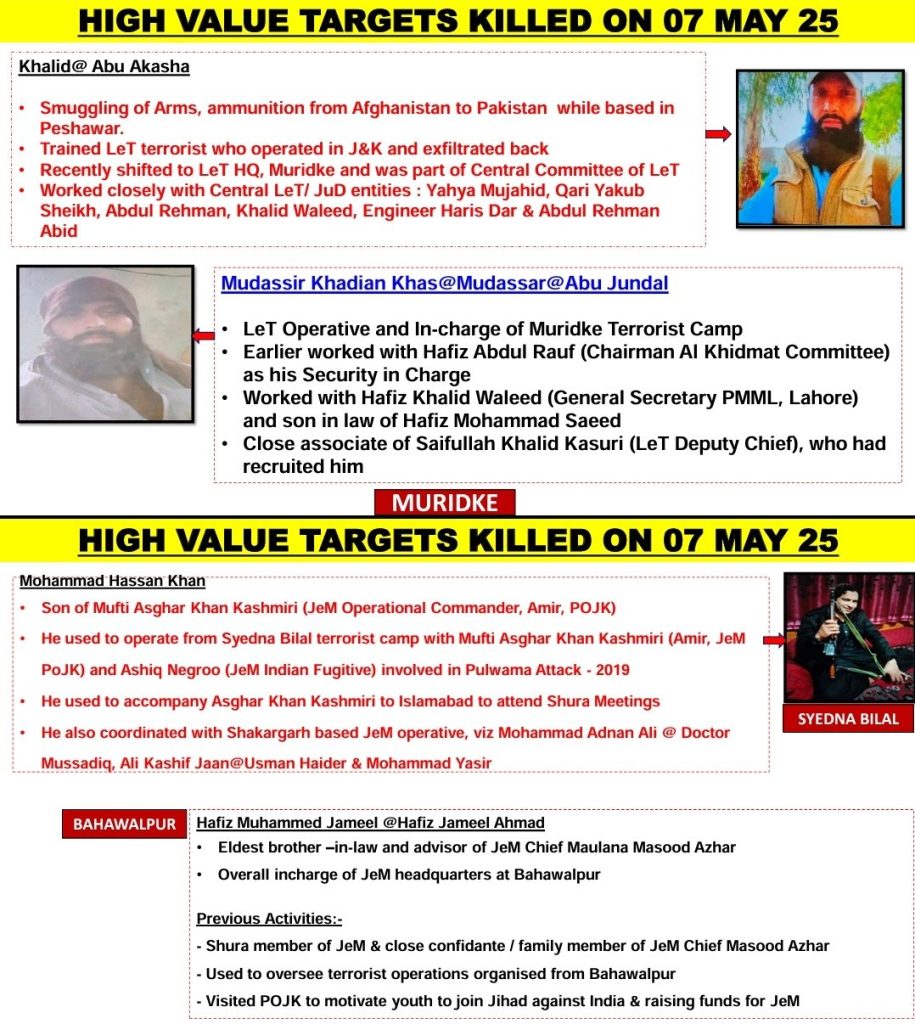
Among those neutralized:
- Mudassar Khadian Khas (alias Abu Jundal) – A prominent LeT operative, known for his involvement in organizing attacks in Jammu & Kashmir. His funeral, held at a government school in Pakistan, was attended by Hafiz Abdul Rauf of Jamaat-ud-Dawa (JuD) and high-ranking Pakistani military officials, raising serious questions about the country’s ties to terror outfits.
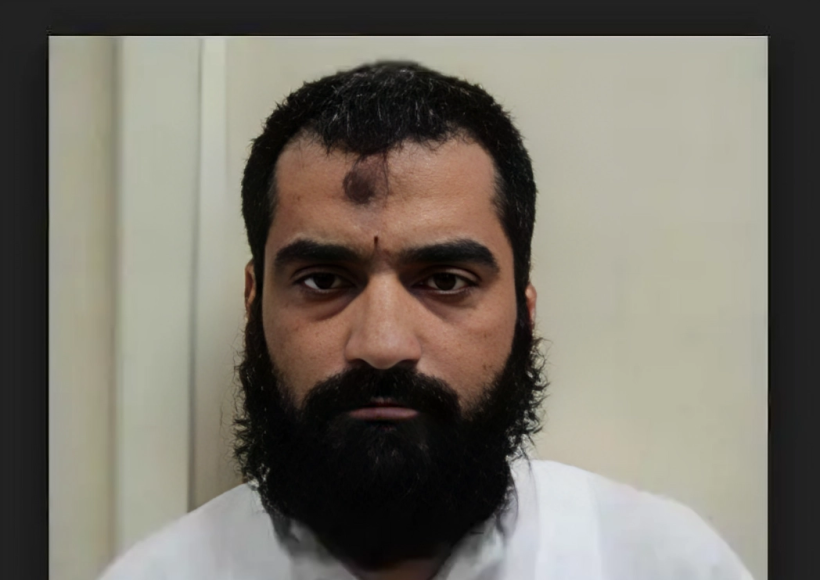
- Hafiz Muhammed Jameel – A senior JeM leader and elder brother-in-law of Masood Azhar. His death marks the removal of a core figure within the group’s leadership hierarchy, which has overseen attacks such as the 2001 Indian Parliament attack and the 2019 Pulwama bombing.
- Mohammad Yusuf Azhar (also known as Ustad Ji, Mohd Salim, or Ghosi Sahab) – Another JeM operative and brother-in-law of Masood Azhar. A key figure in the 1999 IC-814 hijacking, Yusuf had long been on India’s most-wanted list. His elimination is considered a strategic win for Indian counter-terror operations.
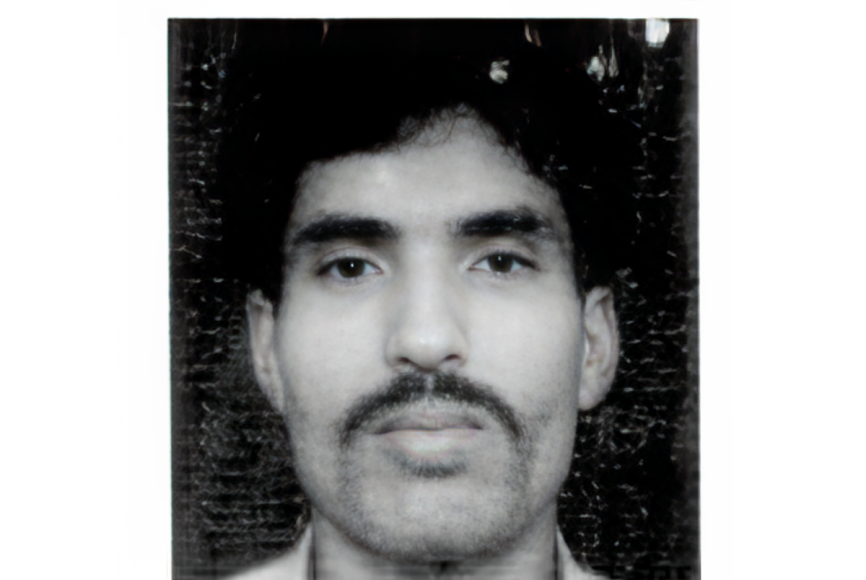
- Khalid (alias Abu Akasha) – An LeT militant known for smuggling weapons from Afghanistan and participating in attacks in Kashmir. His funeral in Faisalabad was also attended by Pakistani army officials and the city’s Deputy Commissioner, further drawing international concern.
- Mohammad Hassan Khan – Son of Mufti Asghar Khan Kashmiri, JeM’s operational commander in PoK. Hassan Khan was directly involved in coordinating terror strikes in Jammu and Kashmir and played a central role in JeM’s logistics and training.
Operation Sindoor targeted nine terrorist camps across Pakistan and Pakistan-occupied Kashmir, including key LeT and JeM strongholds in Bahawalpur and Muridke. Intelligence reports estimate that 70 to 80 terrorists were killed, with 30 casualties each reported in Bahawalpur and Muridke.
Indian forces also destroyed a Pakistani air defense radar system in Lahore, showcasing the success of India’s Suppression of Enemy Air Defences (SEAD) capability—a strategy to cripple enemy radar and missile infrastructure and ensure air dominance during operations.
The strikes came in response to the April 22 Pahalgam attack in Jammu & Kashmir, which left 26 civilians dead, including tourists. Indian officials have labeled the operation as not only a retaliation but a pre-emptive action to dismantle terror infrastructure that threatens national security.
Of particular concern is the presence of Pakistani military and civil officials at the funerals of known terrorists, a move Indian officials say reveals the deep-rooted collusion between the Pakistani state and proscribed terror groups. This has reignited calls for the international community to reassess financial and diplomatic engagements with Pakistan, especially considering its ongoing support from the International Monetary Fund (IMF).
India has reiterated its demand for global accountability on state-sponsored terrorism and urged international institutions to take cognizance of the latest evidence linking Pakistan to terror facilitation. Officials stated that further details would be presented to the United Nations and other global platforms in the coming days.
As Operation Sindoor continues to shift the balance against cross-border terrorism, New Delhi has signaled that it will not hesitate to take similar actions in the future should threats persist.

